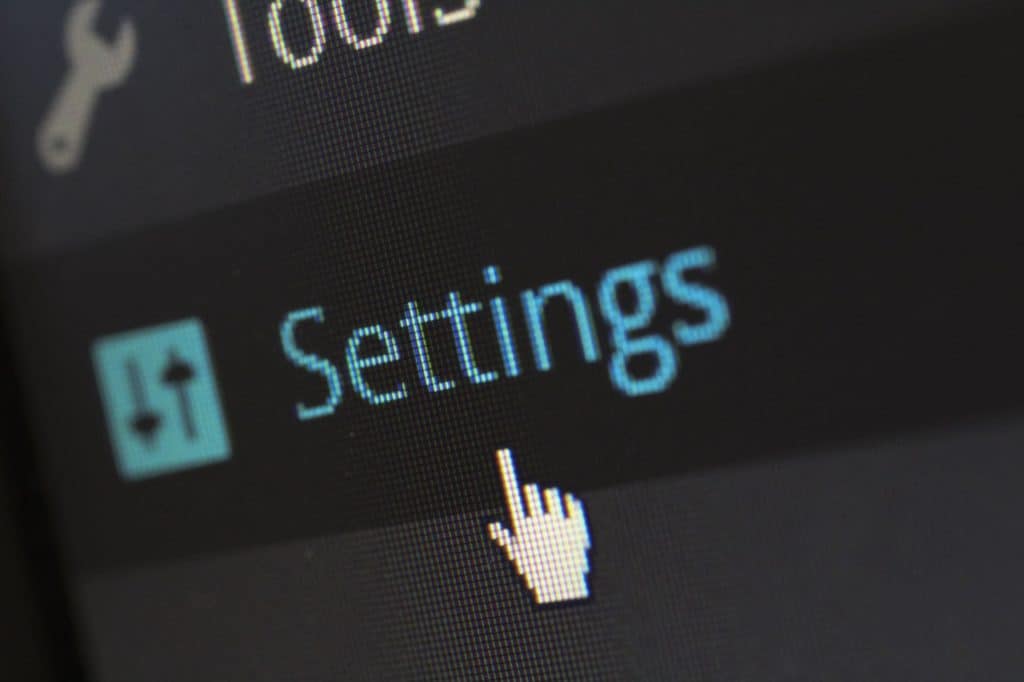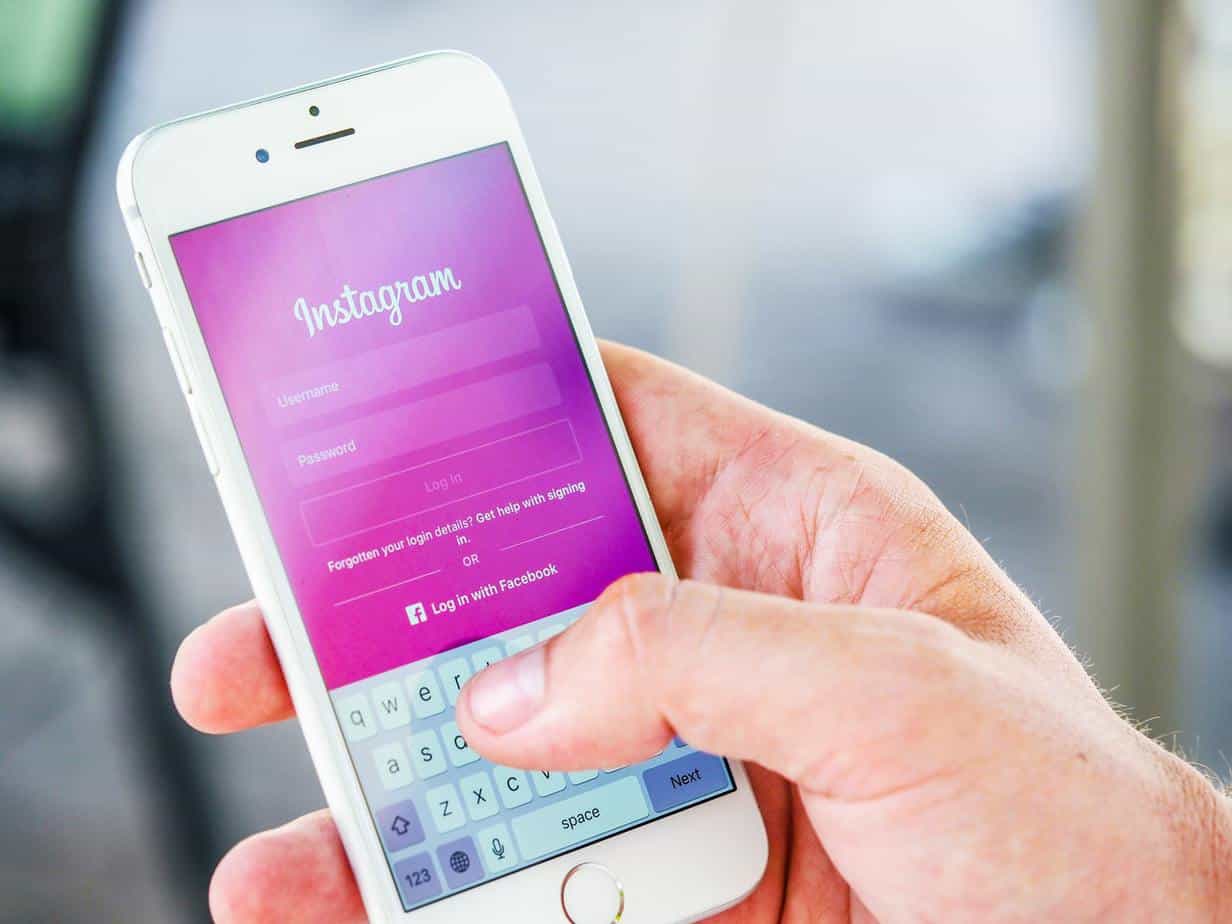Our dependence on our phones and apps like X, Instagram, Youtube, and Facebook has removed our sense of proactivity and replaced them with complacency. There is a growing concern that our relationship with social media is influencing us negatively, particularly when it comes to laziness.
In an era where scrolling through social media feeds has become a routine activity, a crucial question arises: Does social media actually contribute to increasing laziness among its users?
This article examines the intricate relationship between social media use and its potential impact on our daily productivity and activity levels.
Is Social Media Making Us Lazy?
Social media platforms are engineered to capture and retain our attention, often leading users into passive consumption patterns. As we scroll through Twitter, Instagram, or Facebook, the barrage of information can overwhelm our ability to engage critically, and encourages laziness.
This passive engagement, characterized by endless scrolling and reliance on ‘likes’ and ‘shares,’ potentially diminishes our capacity for critical thinking and active participation in our real-world surroundings. The ease of consuming and sharing pre-packaged thoughts might be fostering a new form of cognitive laziness.
By relying on “likes” and “retweets” and “shares”, we no longer are investing time to think critically or deeply about a subject. We instead depend on the Internet to do the heavy lifting for us. It also has replaced face-to-face communication, making us reliant on screens and technology, shorthand and memes to communicate instead of verbal conversation.
By depending on social media to connect, we are shortchanging ourselves and our ability to form real relationships. It is a form of social and interpersonal laziness that is unique to the modern generations, as we are the ones that are so reliant on our phones and social media as a way to connect with others. Our dependence on social media also comes with addiction, as we become attached to these platforms and regularly – and increasingly – check for updates.
How to Control Time Spent on Social Media?

In an effort to avoid becoming lazy, it only makes sense to spend less time on social media. But how is that accomplished? Social media has a strong grip on society, and it often feels impossible to break free.
One simple way to cut down on the time spent on social media is to try and track your time spent online, using apps like RescueTime or Screen Time. These apps count the number of minutes that you spend staring at your screen, and you can practice setting limits for yourself once you’ve reached a certain threshold.
You can also utilize Downtime on your iPhone which disables certain apps so that you’re not distracted for a specific set time period. For Android users, you can utilize Digital Wellbeing. It’s also possible to set time limits on certain social media apps, in particular Facebook and Instagram.
On the mobile apps, they will inform you once you’ve reached a certain time, and you can make the choice to stay online or log off. An easy way to avoid social media is to disable notifications. By not having pop-ups constantly reminding you of the apps that you could be wasting your time on, it will be out of sight and out of mind.
You can always choose to set a schedule for yourself, like no social media an hour before bed or an hour after waking up, or you can choose to take a detox for a day or even a week. Maybe you can even choose one day a week that you don’t pick up your phone at all or check any social media.
It’s also important to recognize when we’re using social media as a procrastination tool or a tool of dependency and work on recognizing the signs. We then can choose to get our work done, or face whatever problems are plaguing us, and free ourselves from our bad social media habits.
How to Take Advantage of Social Media?
While social media can make us lazy, there are also positives to social media. We just have to learn how to take advantage of these positives. A positive attribute that we all get to take advantage of when it comes to social media is the ability to connect.
Technology and social media have made the world a much smaller place, meaning that we no longer feel so alone. We can use social media to seek out and connect with others and don’t feel isolated when we’re utilizing social media. Another trait of social media to take advantage of is the ability to learn about anything and everything.
With the ability to connect with anyone in the world, and an impressive search engine at our fingertips, we can become knowledgeable about any subject that we choose. Social media is also constantly fresh and updating, meaning we are learning about the world in real-time, and are privy to news as it’s happening. Being able to be informed is something that we all should take advantage of. The use of social media to our advantage can take some time and skill, but it’s important to recognize the benefits inherently within social media.
Final Words
While social media has, on the whole, made us become lazier in our actions and in our thinking, there are ways to combat this laziness by controlling our time spent on social media and by being aware of how best to use social media to our advantage. There are many positives about social media, in particular connection and knowledge, but there is the trap of not allowing ourselves to think for ourselves or being too reliant on social media and technology as a whole. We must learn how to have a better relationship with social media in order to best utilize it as the tool that it is, and in order to overcome the laziness that it has ingrained in us.

